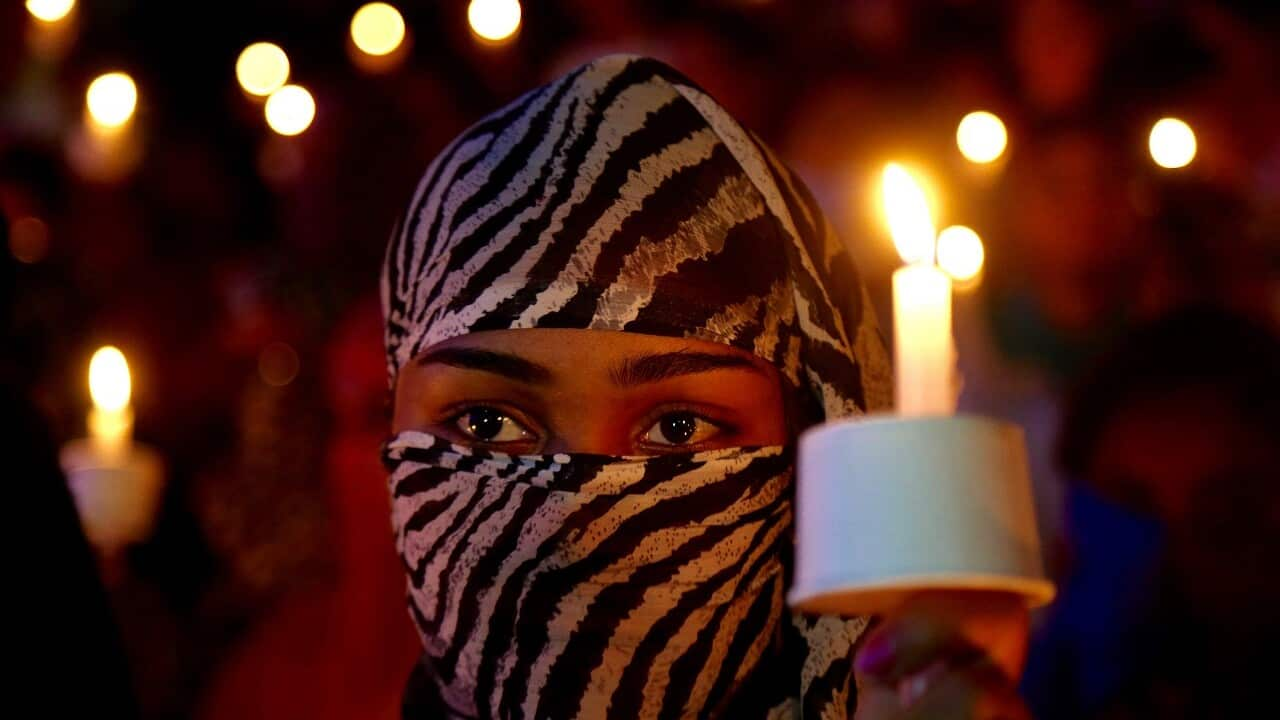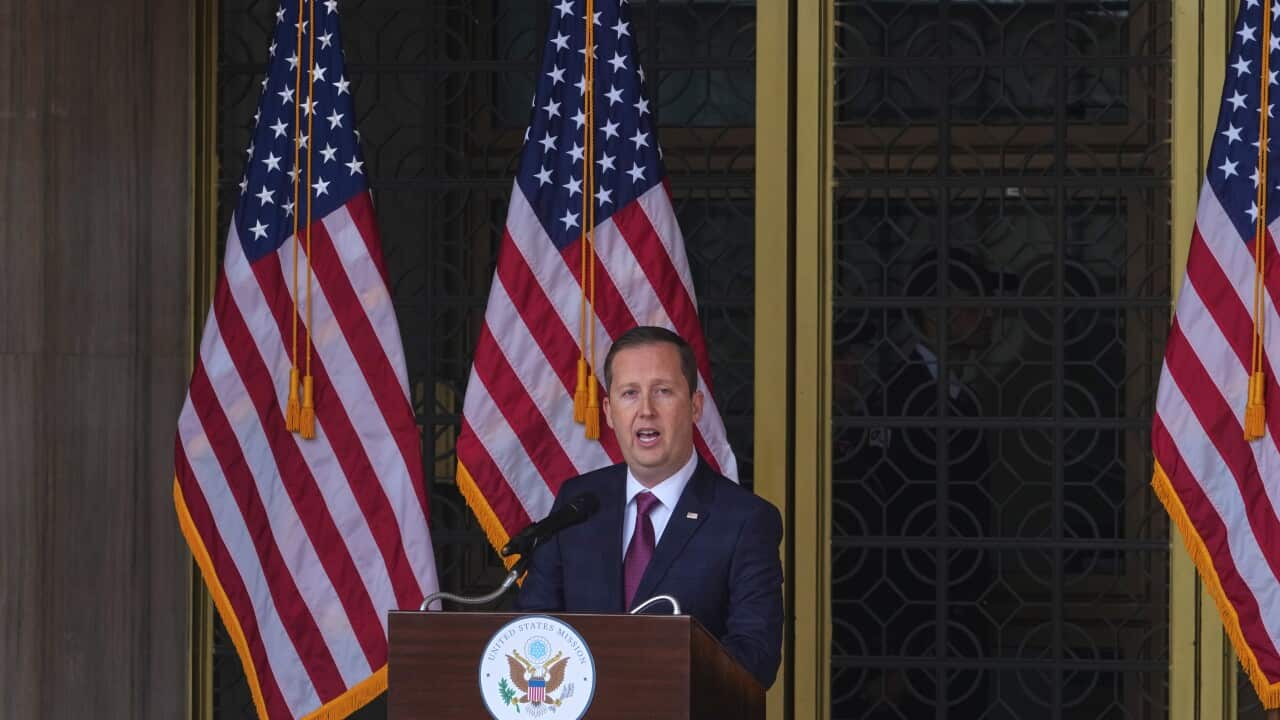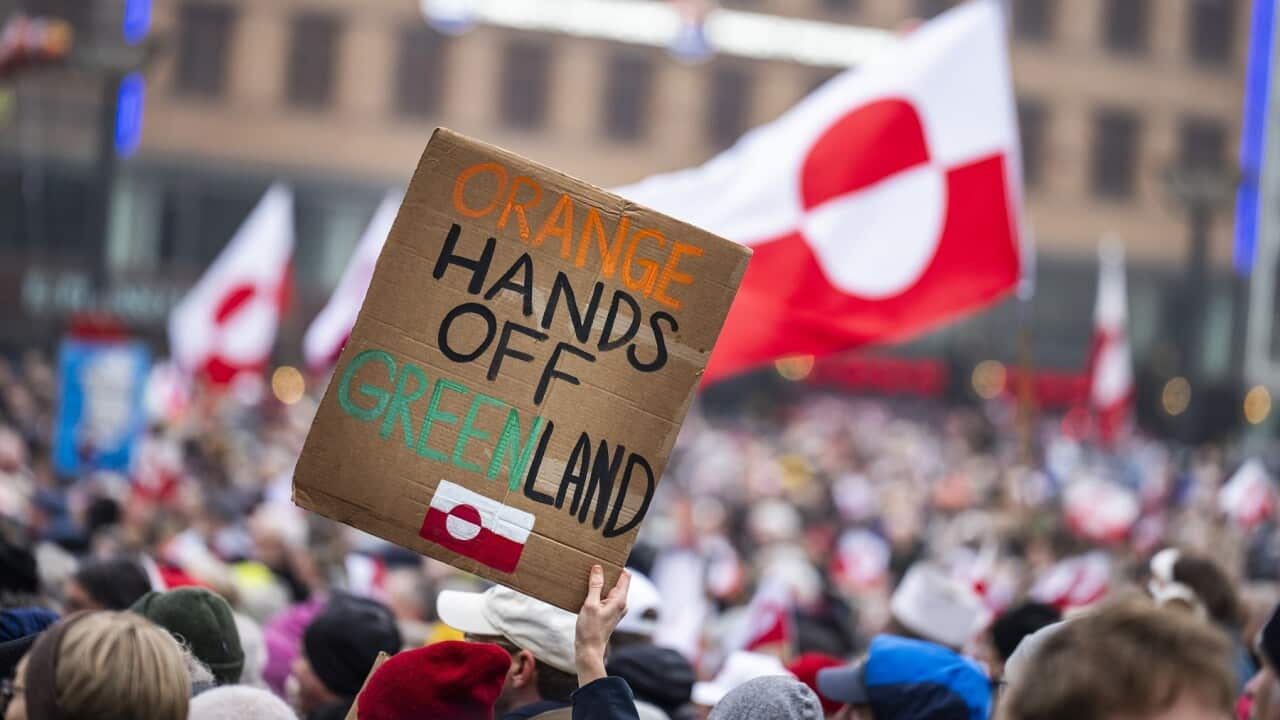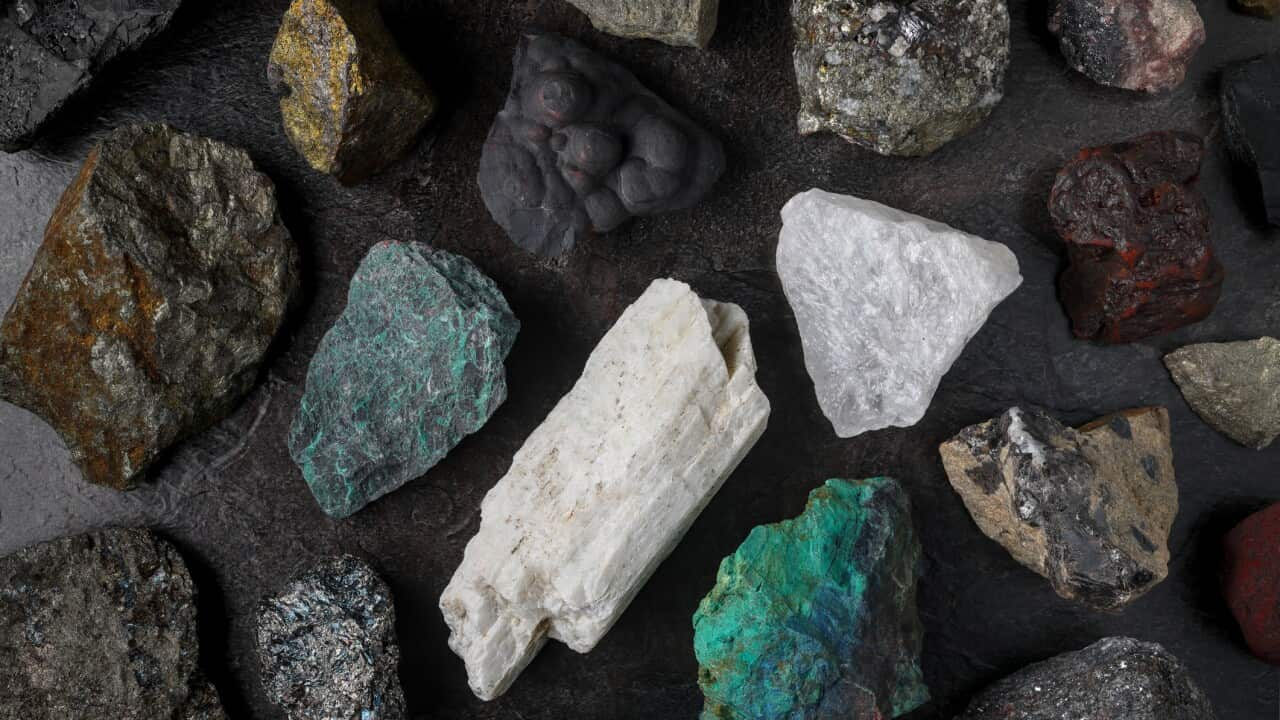According to the Thomson Reuters Foundation’s survey, “India is the most dangerous country for women due to the high risk of sexual violence and being forced into slave labour.”
“Experts said India was moving to the top of the poll showed not enough was being done to tackle the danger women faced, more than five years after the rape and murder of a student on a bus in Delhi made violence against women a national priority,” the report reads.
However, the results of this survey have surprised many Indian women for India has been placed over countries like Afghanistan, Somalia, Saudi Arabia and Democratic Republic of Congo, among others as many chilling reports of violence against women have come out from these countries too.
Tripty Shukla, an award-winning columnist and blogger, who writes on women issues, does not agree with the report.
“India is a dangerous country for women and, for that matter, I think every country is dangerous for women," she told SBS Hindi.
"But ranking it as the most dangerous country in the world is far-fetched especially when the other countries on the list are Saudi Arabia, Afghanistan and DR Congo.”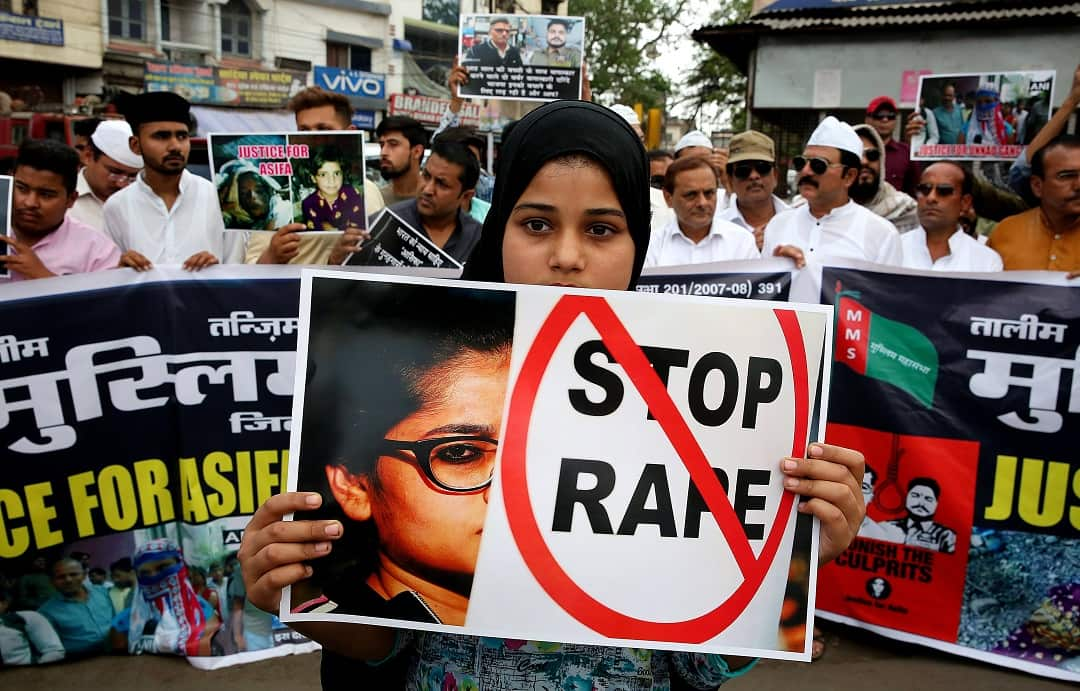 Ms Shukla questions the survey saying, “How a group of 550 people reached this conclusion? I find it really strange that Saudi Arabia was not among top five in the last report and now when good news came just recently, it has been added to the list at number five.”
Ms Shukla questions the survey saying, “How a group of 550 people reached this conclusion? I find it really strange that Saudi Arabia was not among top five in the last report and now when good news came just recently, it has been added to the list at number five.”

Protests against the growing number of rape cases in India. Source: Getty
The ranking surprises Alok Dixit too, who is a founder of the award-winning Stop Acid Attacks campaign and works for the acid attack victims.
However, Dixit points out that the ranking does not matter much. “Whether it is at number one or five, India is a dangerous country for women, and we know that, and the statistics show that the situation is dire.”
“We wanted to find out whether more was being done to address the overall risks faced by women, and specifically regarding healthcare, access to economic resources, customary practices, sexual violence, non-sexual violence and human trafficking,” authors of the Thomson-Reuters report write. India has taken many significant steps as far as women-security is concerned. Most of the steps were taken in the form of strengthening laws and making punishments harsher.
India has taken many significant steps as far as women-security is concerned. Most of the steps were taken in the form of strengthening laws and making punishments harsher.

Vigil calling for justice in the rape and murder case of an eight-year-old nomadic girl, in Bangalore, India, 17 April 2018. Source: AAP
“These steps have not changed much on the ground,” says Shweta Pareek, a lawyer at Rajasthan High Court in Jaipur.
“Sometimes it takes over ten years to finish a rape case. A lot of manipulation can happen in ten years, ” Pareek says.
Cultural traditions
The survey also highlighted the impact of cultural traditions on women.
India was also declared as the most dangerous country in the world for cultural traditions that impact women. The report cites acid attacks, female genital mutilation, child marriage and physical abuse.
“Whether it is at number one or five, India is a dangerous country for women, and we know that, and the statistics show that the situation is dire” Alok Dixit
Alok Dixit strongly agrees. “The violence against women is rooted in the culture. Women are considered lesser human being, and that makes things worse,” he says, pointing the stark difference between the conditions in rural and urban areas.
“India is mostly a rural country and the condition there is lot worse. Not much is being done to narrowing this gap down,” Dixit says.
